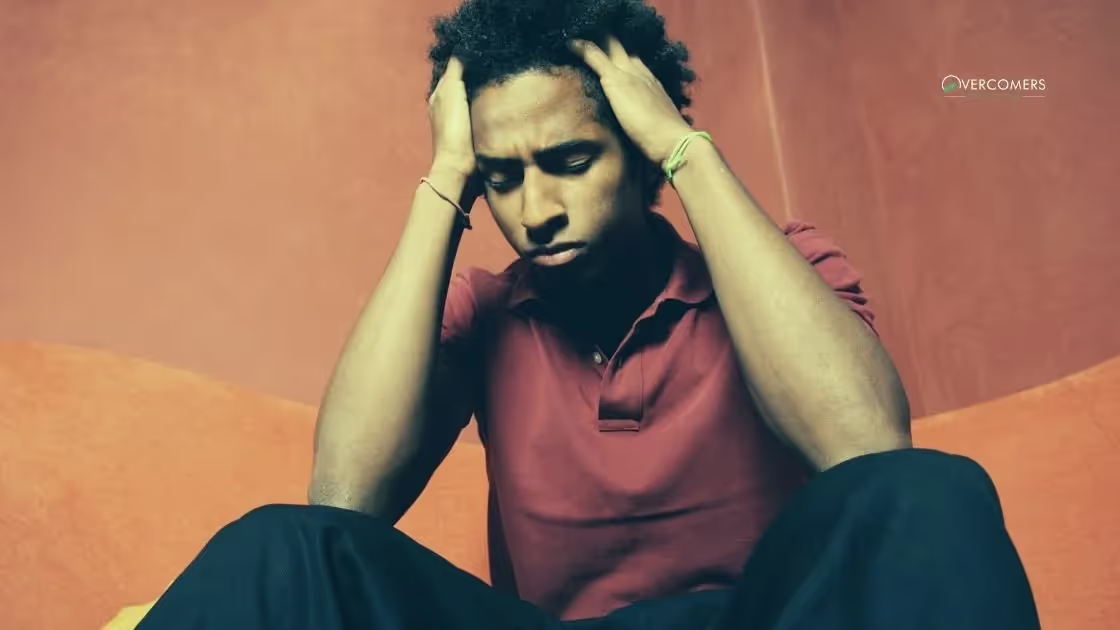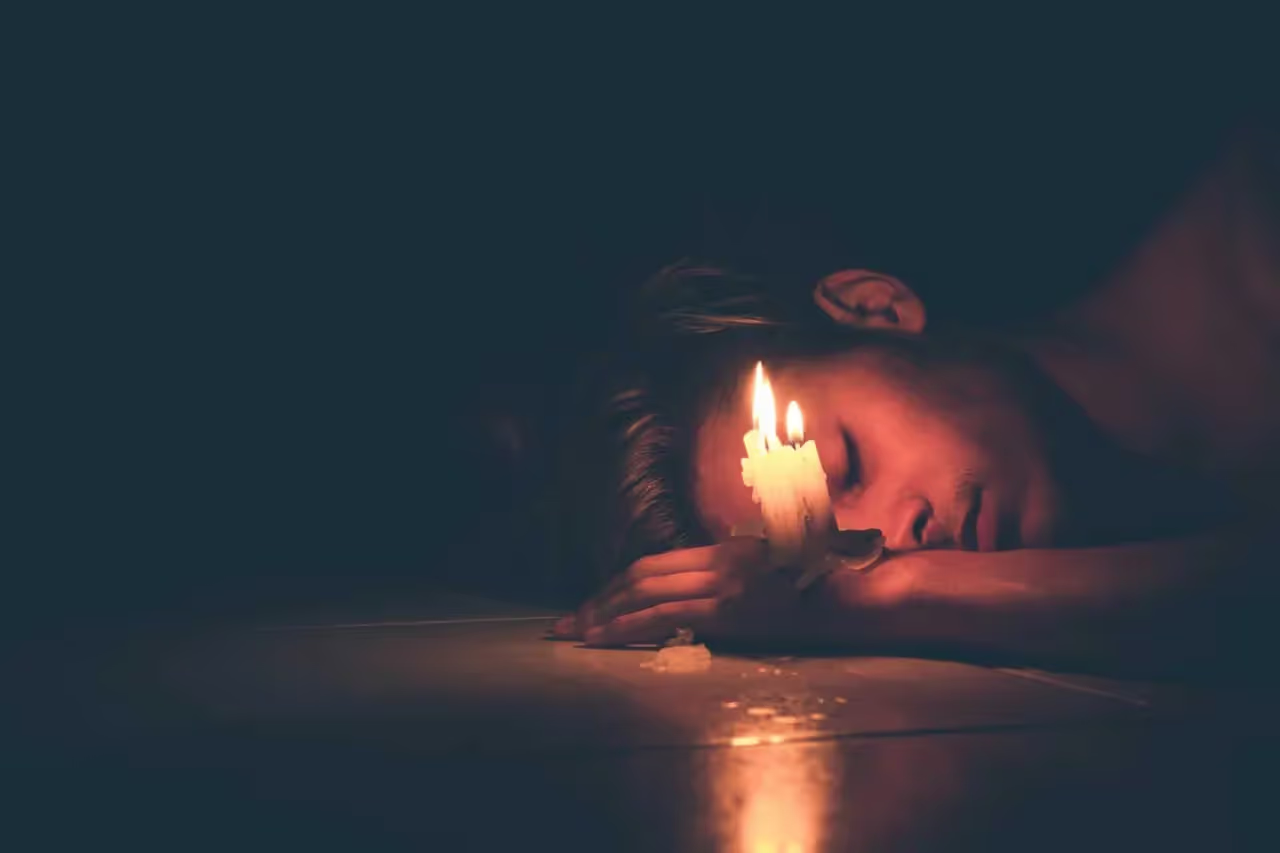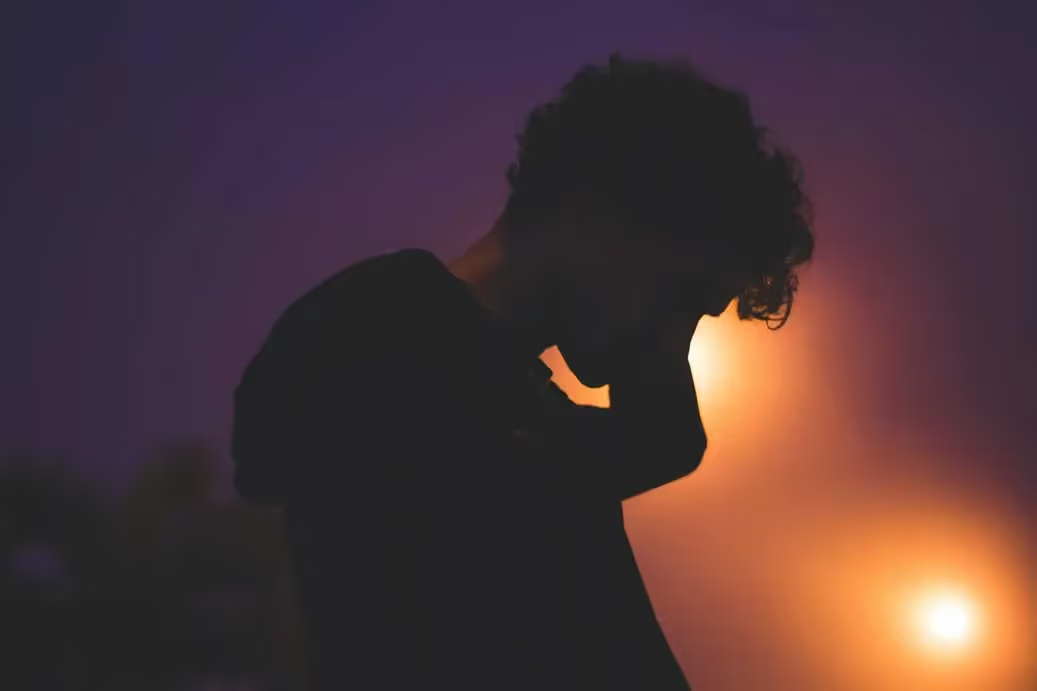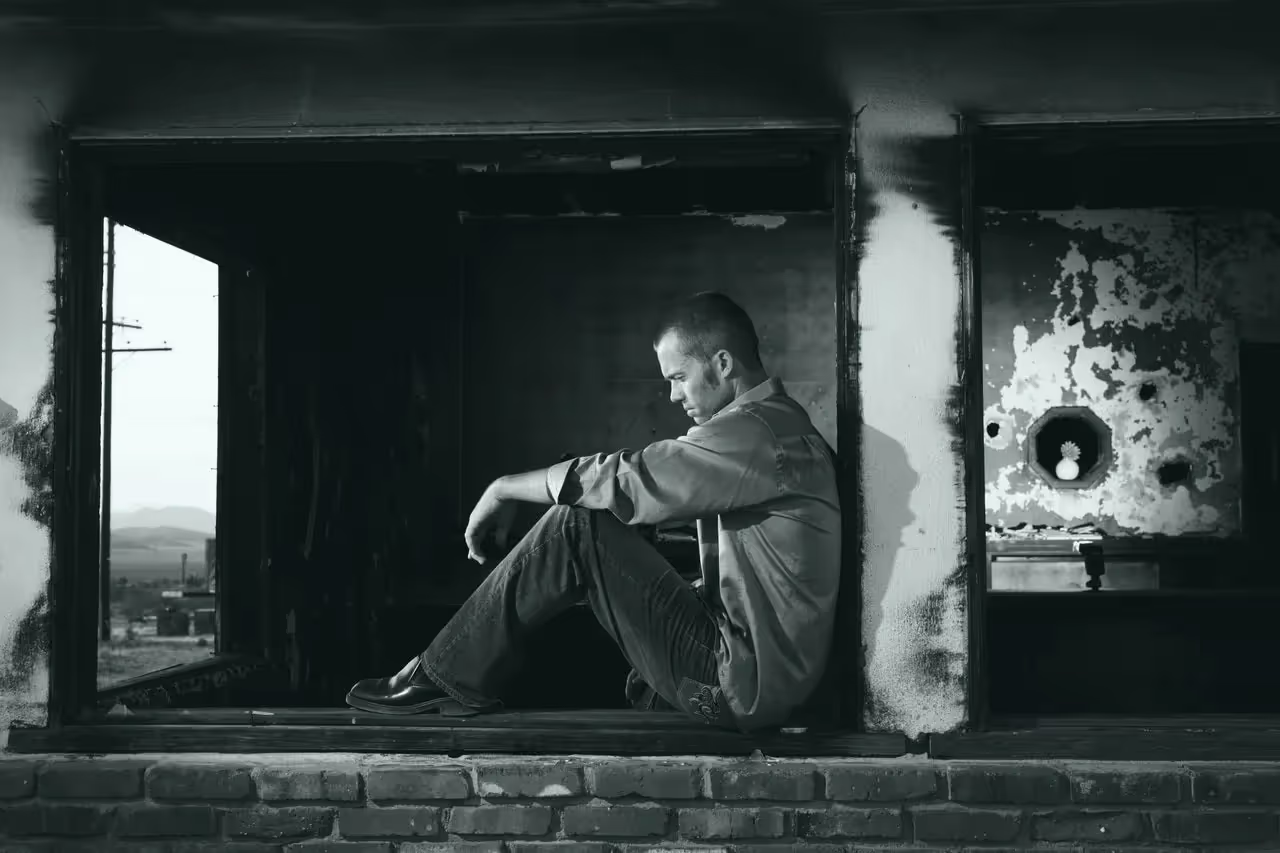It's tough to get through a depressive episode.You may feel like you're stuck in a dark hole with no way out.The good news is that there are ways to get...

It's tough to get through a depressive episode.
You may feel like you're stuck in a dark hole with no way out.
The good news is that there are ways to get through depression and start feeling better again.
Here are some tips to help you start recovering from depression.
A depressive episode is characterized by
It's important to be able to identify the symptoms of a depressive episode so that you can seek help early on.
This is an important step when learning how to get through a depressive episode.

If you're feeling depressed, it's important to reach out for help.
Talk to your doctor or mental health professional.
They can help you figure out what's going on and how to best treat it.
You should also tell your close friends and family about what you're going through.
They can provide support and understanding. Don't overlook your support group when learning how to get through a depressive episode.
When you're depressed, it's important to take care of your body.
Make sure you're getting enough sleep and exercise.
Exercise can help improve your mood and energy levels.
Eat a healthy diet. What you eat can also affect your mood.
Make sure you're eating a balanced diet with plenty of fruits, vegetables, and whole grains. Taking care of yourself is an important step when getting through a depressive episode.
If you're taking medication for depression, it's important to take it as prescribed.
Don't skip doses or stop taking it without talking to your doctor first.
Depression can be a difficult condition to deal with, but there are ways to get through it.
If you're feeling depressed, talk to your doctor or mental health professional.
They can help you figure out what's going on and how to best treat it.
You should also tell your close friends and family about what you're going through.
They can provide support and understanding.

Alcohol and drugs can make depression worse.
If you're struggling with depression, it's important to avoid alcohol and drugs.
Talk to your doctor or mental health professional if you're having trouble stopping.
When you're depressed, it can be hard to get motivated.
Start by setting small, achievable goals.
For example, instead of saying you're going to exercise for an hour every day, start with 10 minutes.
Then gradually increase the amount of time you exercise as you start to feel better.
Doing things you enjoy can help improve your mood.
It's important to find activities that you really enjoy and make time for them in your life. Some activities could be:
• Reading
• Going for walks in nature
• Spending time with friends and family
• Playing with a pet
These are just a few ideas.
Explore your interests and identify what you can do to help yourself.
Depression can be a difficult condition to deal with, but there are ways to get through it.
Spend time with people who make you feel good about yourself.
These could be friends, family, or even a therapist. Some things you could all do together are:
• Going for walks
• Talking and listening to each other
• Doing something fun
• Spending time in nature
Find things that you enjoy doing with others and make time for them in your life.

Don't expect to snap out of it overnight.
Recovery from depression takes time.
Be patient with yourself and don't give up hope.
You can get through this.
If you've been struggling with depression for a while and haven't been able to get better on your own, it might be time to seek professional help.
Therapy can be a great way to get started on the road to recovery.
Some types of therapy that could be helpful are:
• Cognitive Behavioral Therapy (CBT)
• Interpersonal Therapy (IPT)
• Psychodynamic Therapy
These are just a few examples. Talk to your doctor or mental health professional about what might be right for you.
If you're feeling depressed, talk to your doctor or mental health professional.
They can help you figure out what's going on and how to best treat it.
What should I do if I'm feeling depressed?
If you're feeling depressed, it's important to talk to your doctor or mental health professional. They can help you figure out what's going on and how to best treat it.
What causes depression?
There is no single cause of depression. It can be caused by a combination of genetic, biological, psychological, and environmental factors.
How can I tell if I'm depressed?
There are some common signs and symptoms of depression, such as feeling sad or hopeless, loss of interest in activities you used to enjoy, sleep problems, and fatigue. But it's important to talk to your doctor or mental health professional to be sure.
What are some things I can do to help myself if I'm depressed?
There are a number of things you can do to help yourself if you're feeling depressed. Some things you could try are: talking to your doctor or mental health professional, spending time with people who make you feel good, participating in activities you enjoy, and setting realistic goals.
How long does it take to recover from depression?
There is no one answer to this question. Recovery from depression takes time. Be patient with yourself and don't give up hope. You can learn strategies on how to get through a depressive episode.
The information in this blog should only be used for informational purposes.
Do not use the content in this blog post as a substitute for medical advice from a licensed professional.
If you're feeling depressed, there are things you can do to help yourself.
Talk to your doctor or mental health professional, set realistic goals, participate in activities you enjoy, spend time with people who make you feel good, and be patient with yourself.
Depression is a serious condition, but there are ways to get through it.
Yes! In fact, it's encouraged that you open up to your therapist so they can gain deeper insight into your individual situation and develop the most effective treatment plan possible that works best for you. Your therapist is there to serve as an unbiased source of support who will respect any thoughts or feelings shared within the session without judgment or criticism.
Yes! There are many effective natural remedies that may be beneficial in managing depressive symptoms, such as participating in regular physical activity, changing your diet, getting adequate sleep, practicing relaxation techniques like yoga or meditation, journaling about your feelings/thoughts/emotions, seeking out social activities/support groups with other individuals struggling with similar issues
If your symptoms of depression have been persistent and interfere with your daily life, it's important to seek help from a mental health professional. It's also a good idea to get medical advice if you experience any thoughts of self-harm or suicide.
Therapy provides many benefits for people battling depression. Research has shown that cognitive-behavioral therapy (CBT) is particularly effective in managing depressive symptoms. In addition, therapy can teach healthy coping skills and provide emotional support during difficult times. It may also be used as part of a comprehensive treatment plan which includes medication as well as lifestyle changes such as regular exercise and improved nutrition.
The duration of depression counseling varies for each individual, depending on the severity of their depression and their progress in therapy. Our therapists will regularly assess your progress and adjust your treatment plan as needed.
While medication is not always required for managing depression, it can be beneficial in some cases. If you decide that medication is right for you, medications such as antidepressants work by balancing certain brain chemicals involved in regulating moods. Other options include mood stabilizers or antipsychotic drugs which may also prove helpful for certain individuals struggling with symptoms of depression.